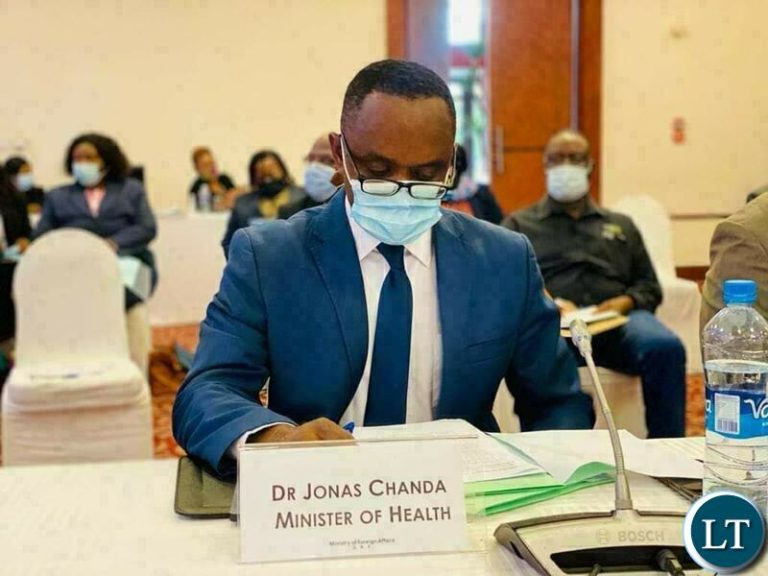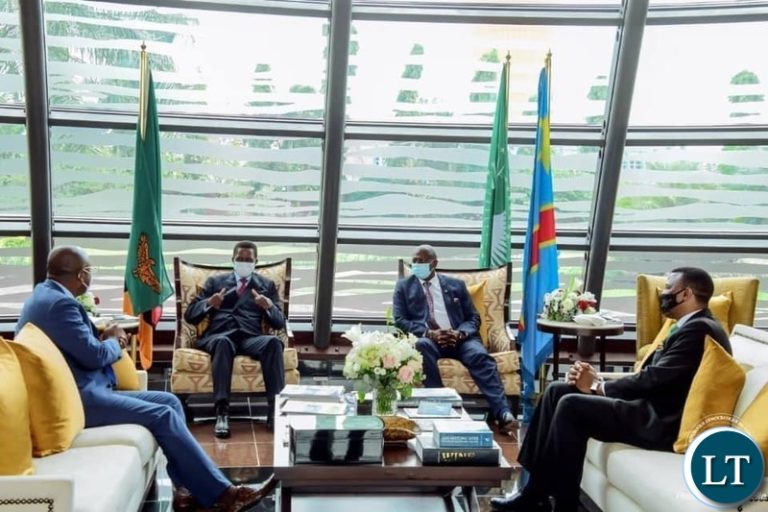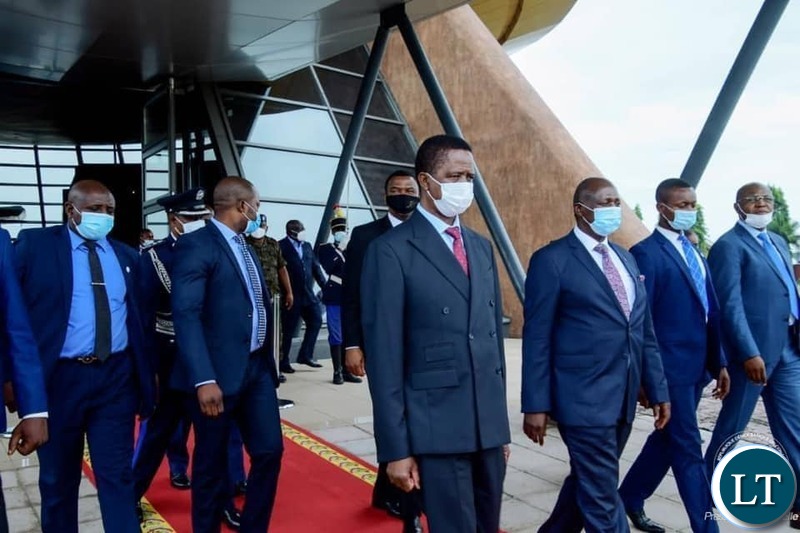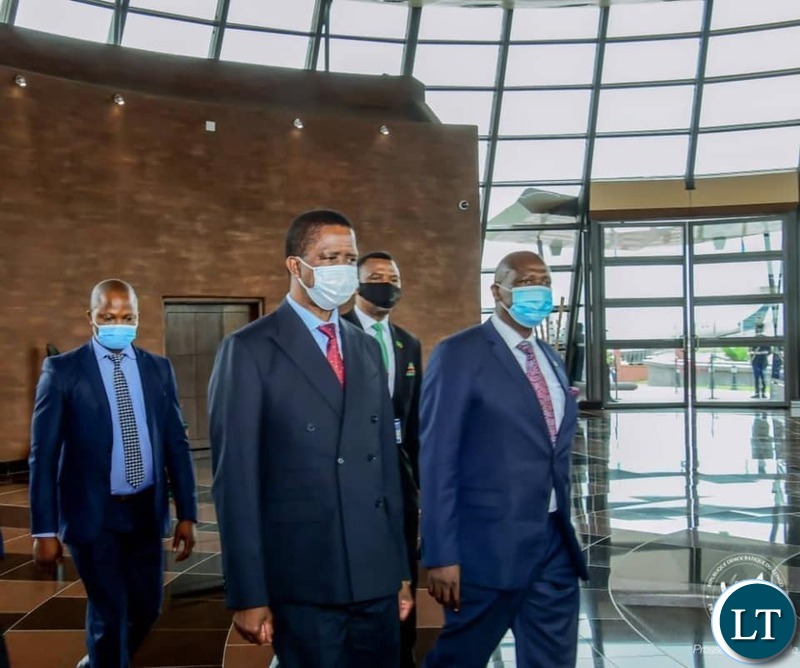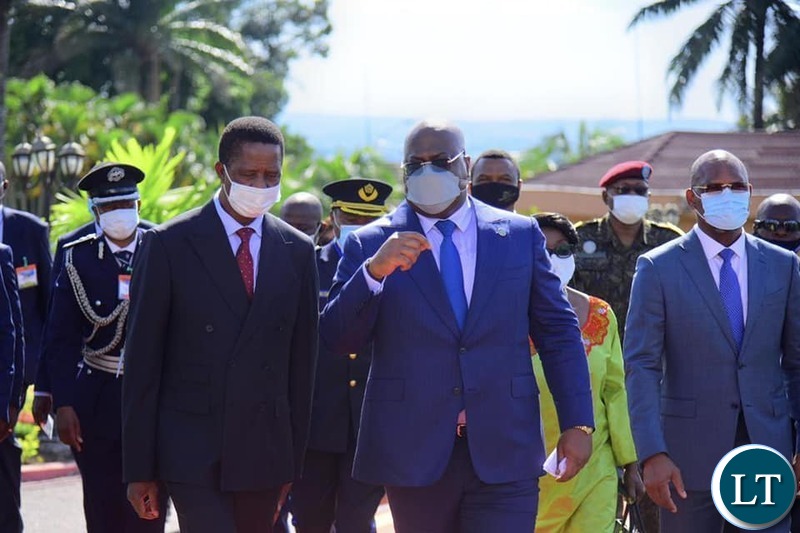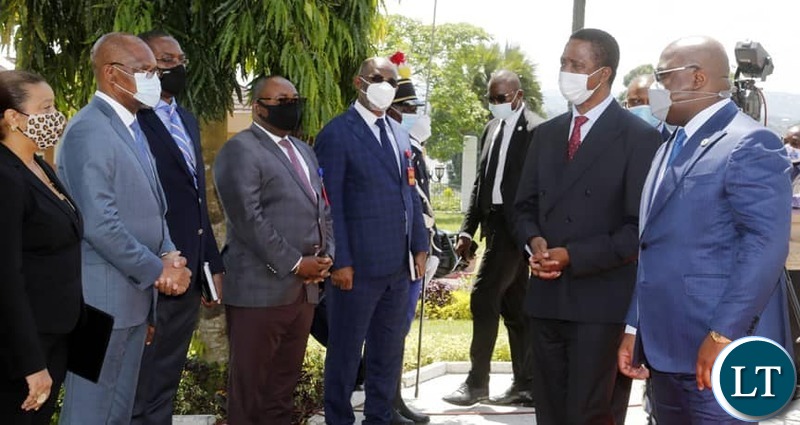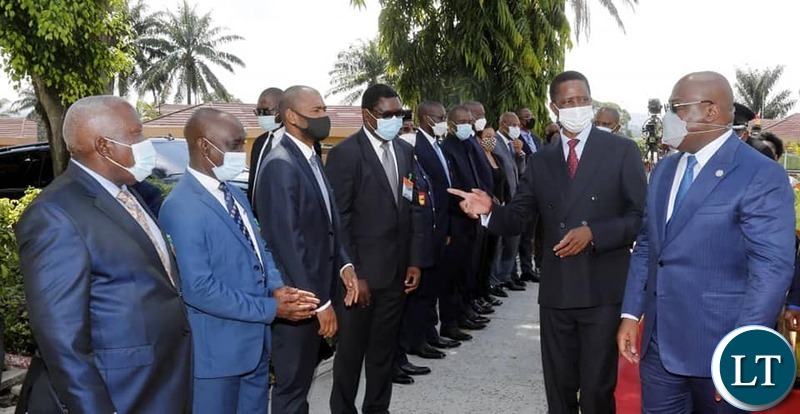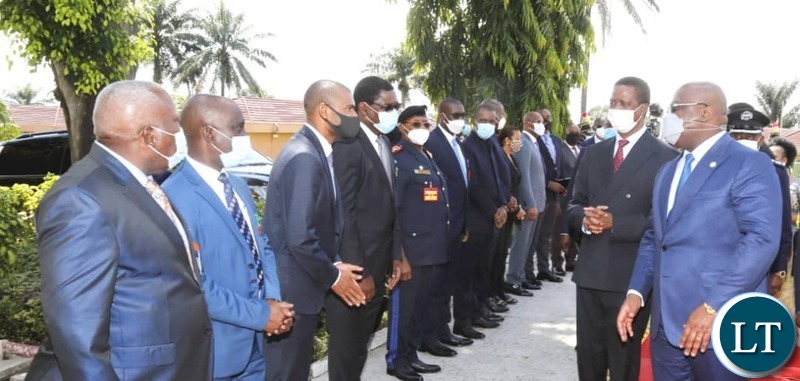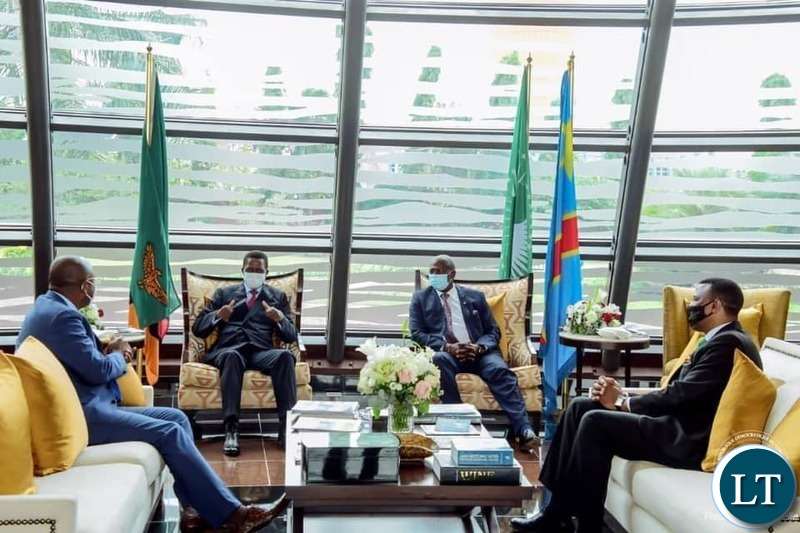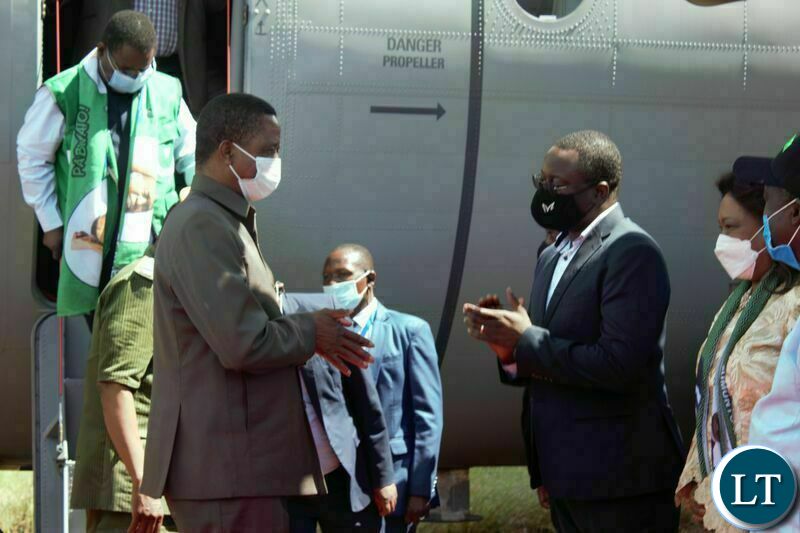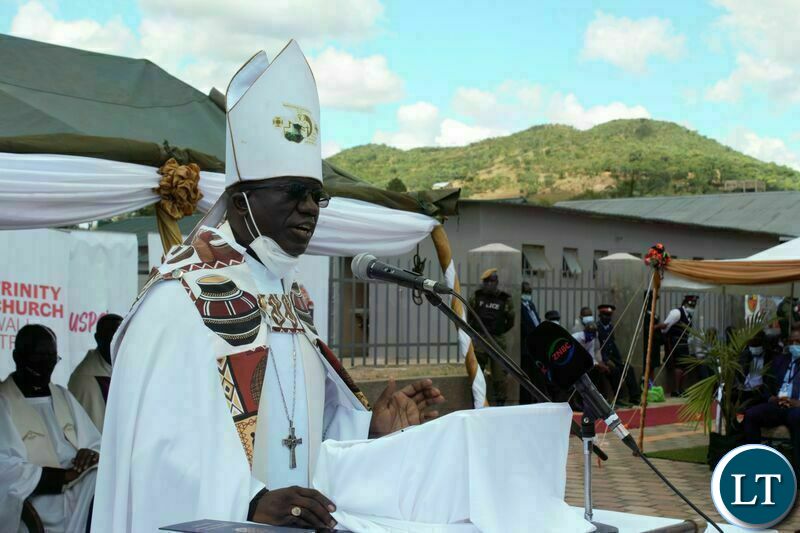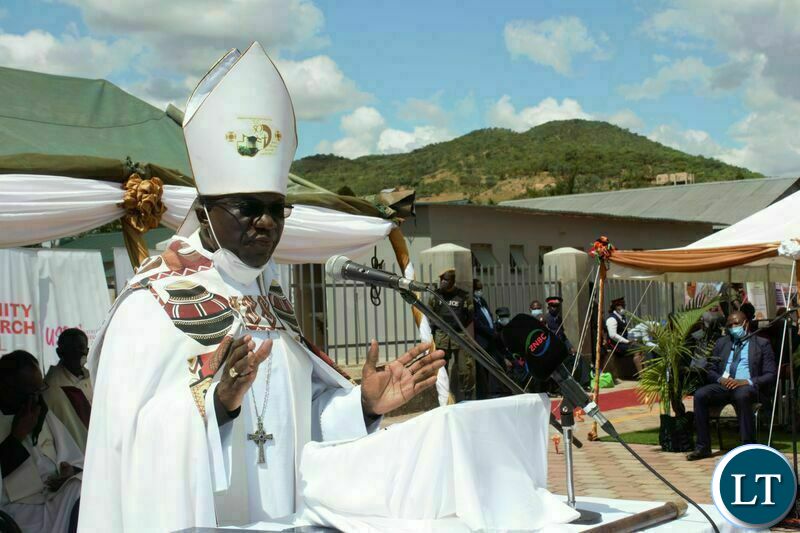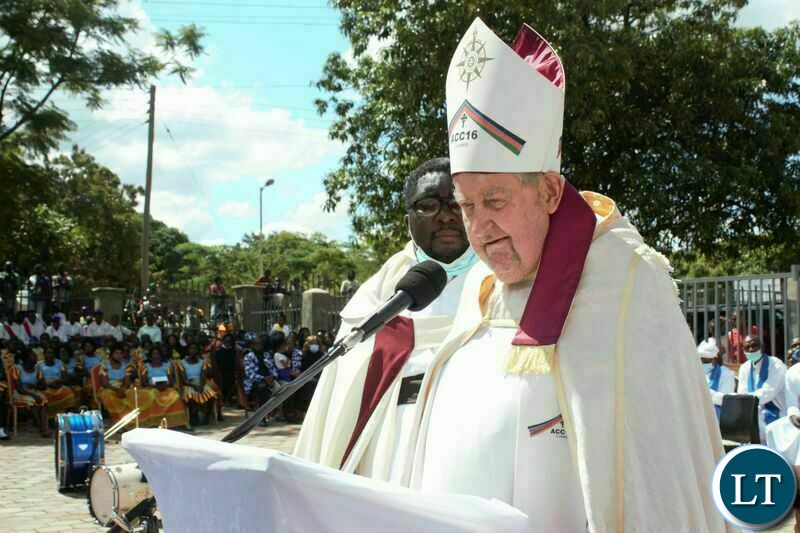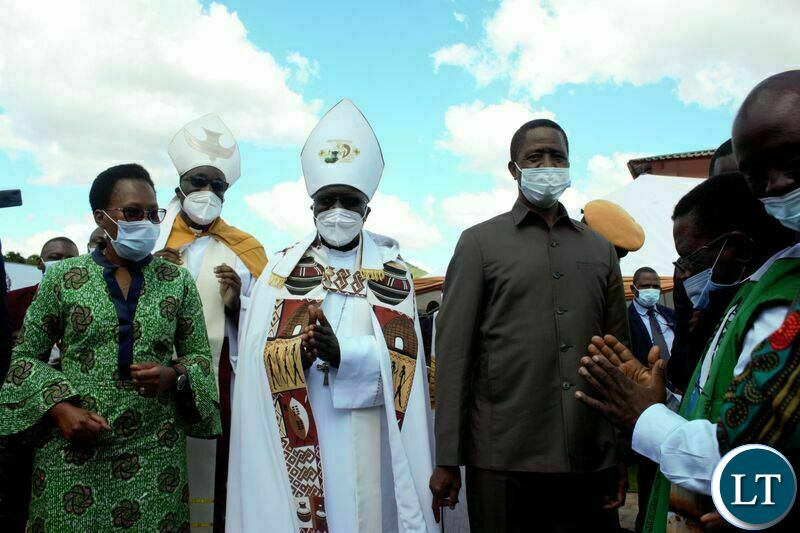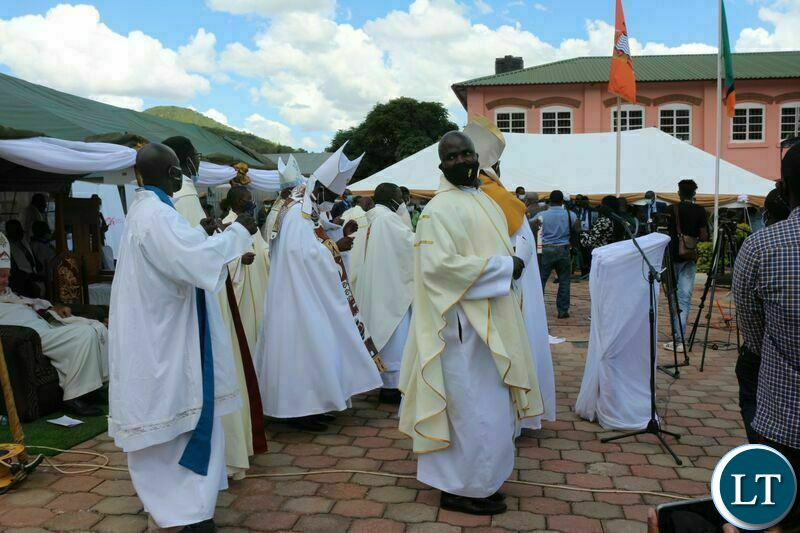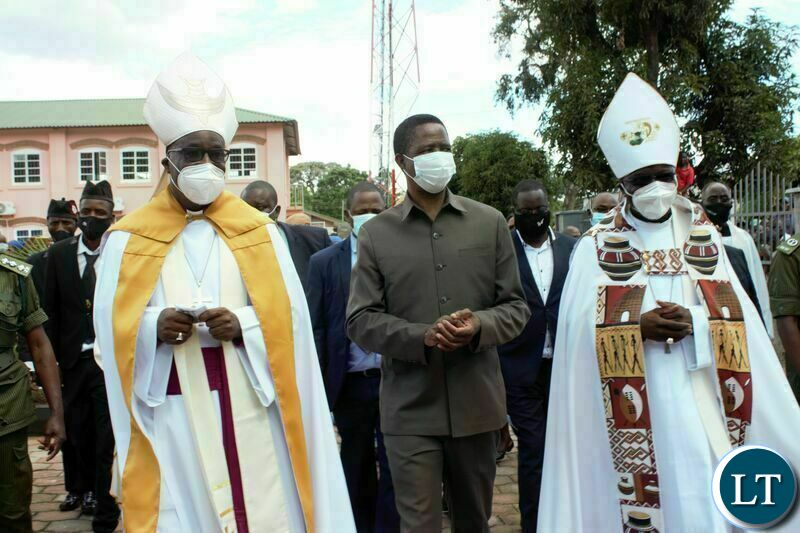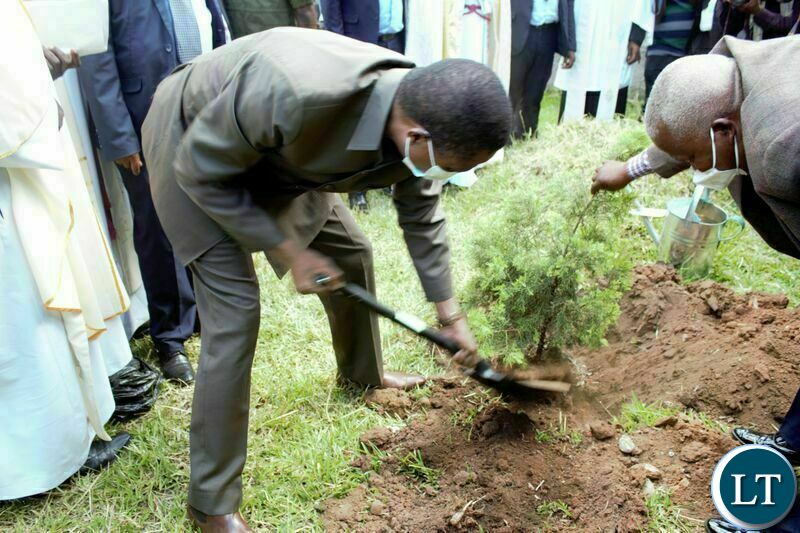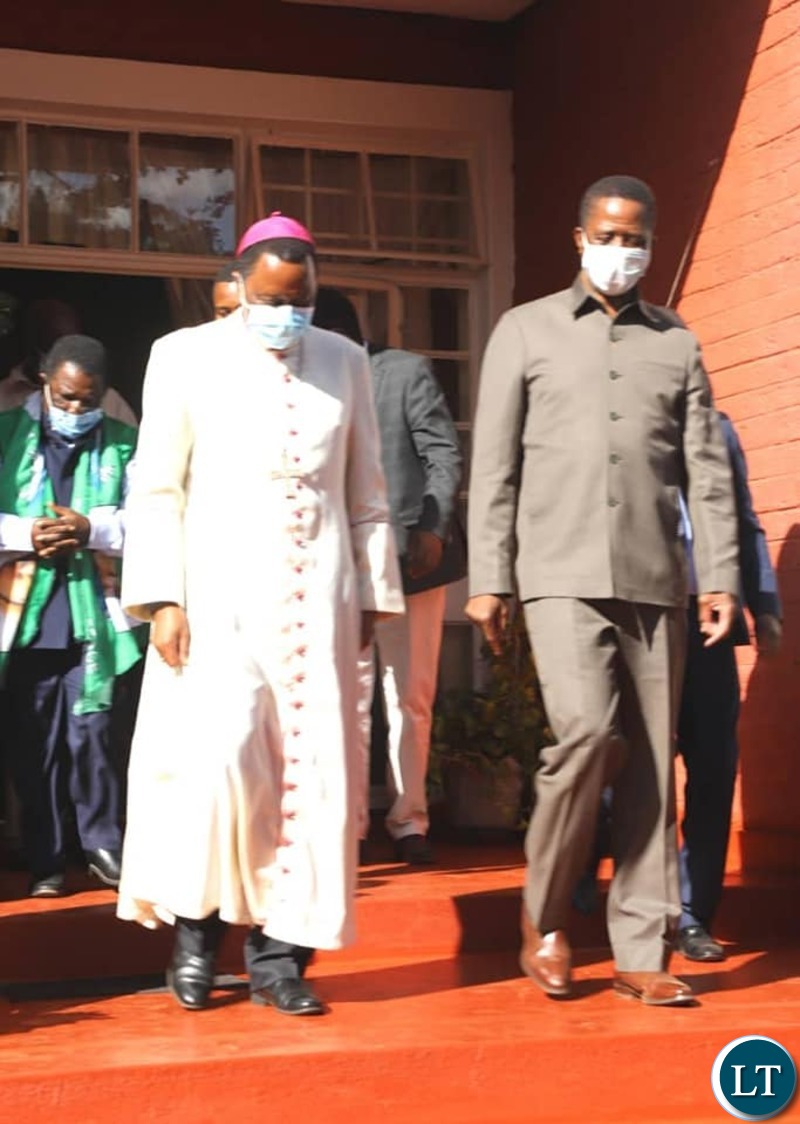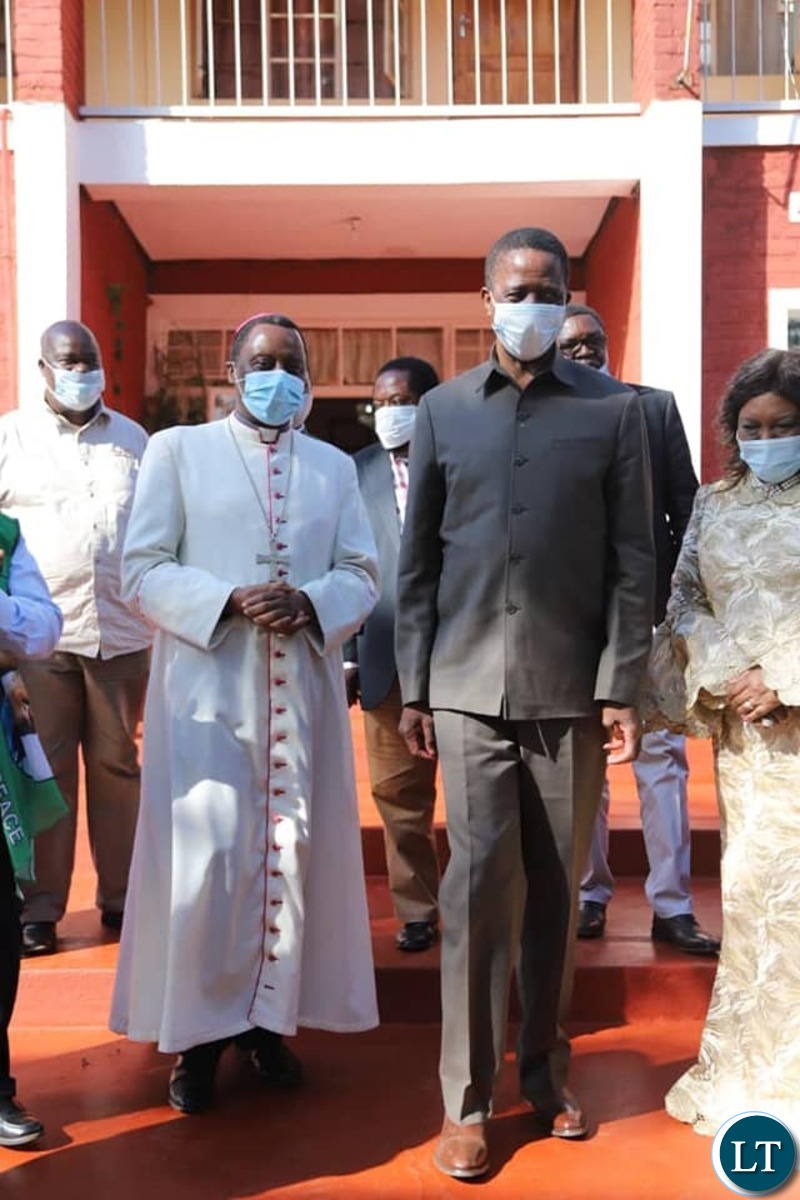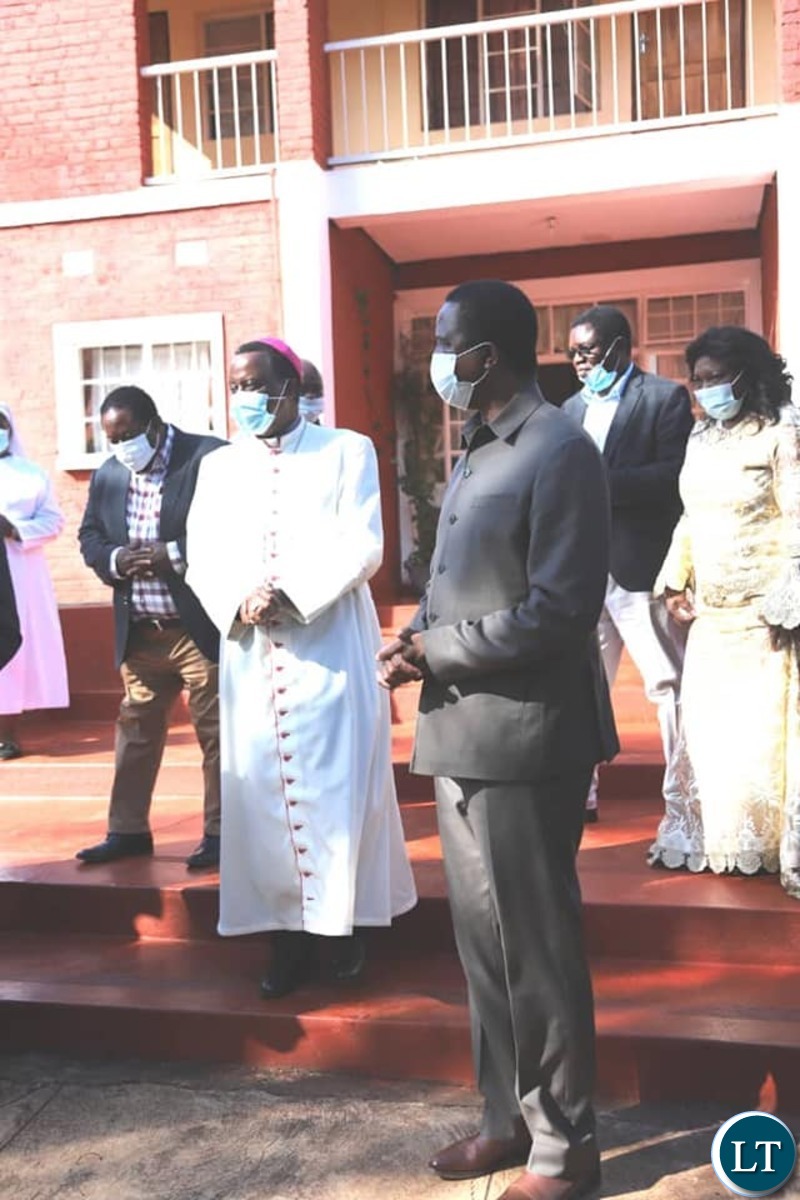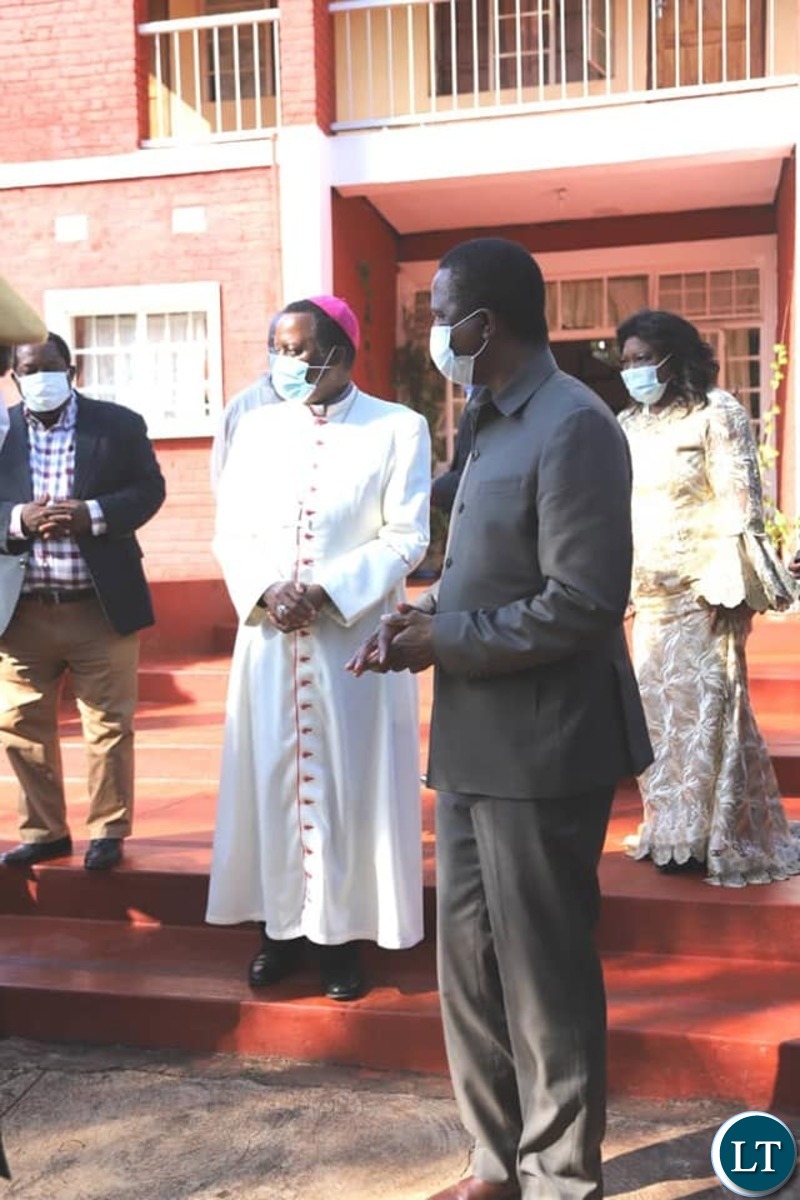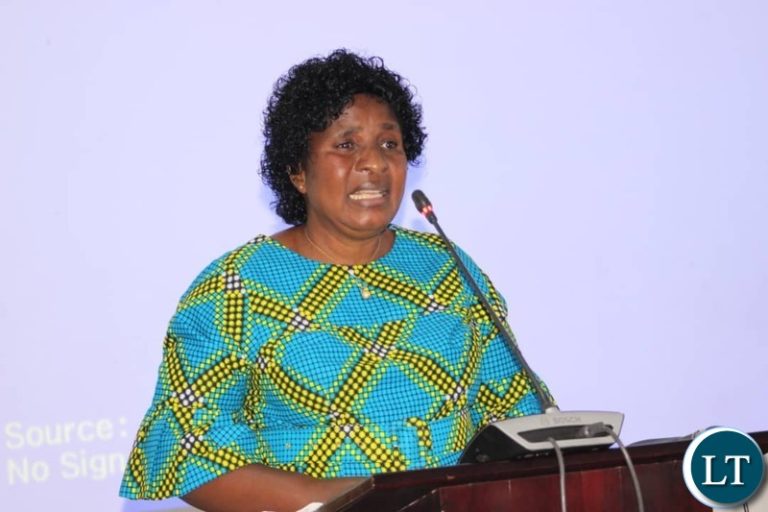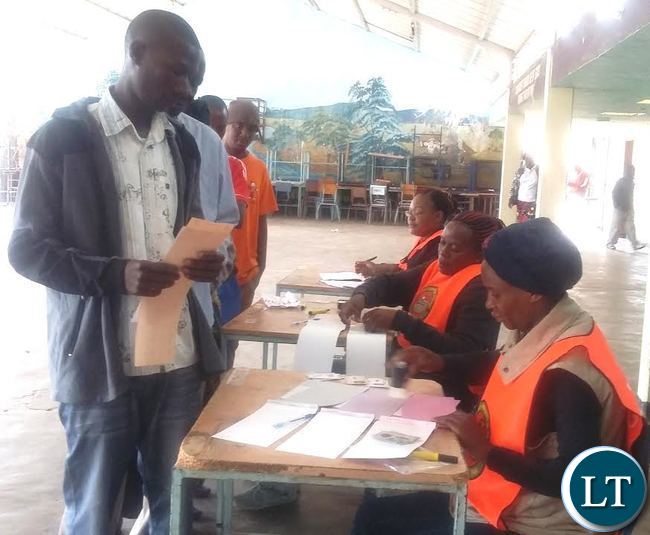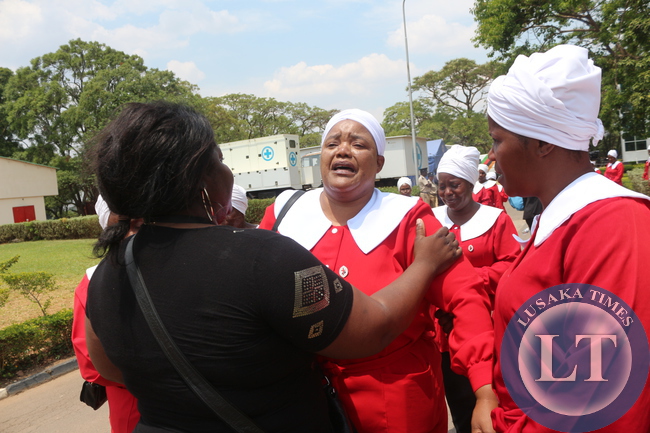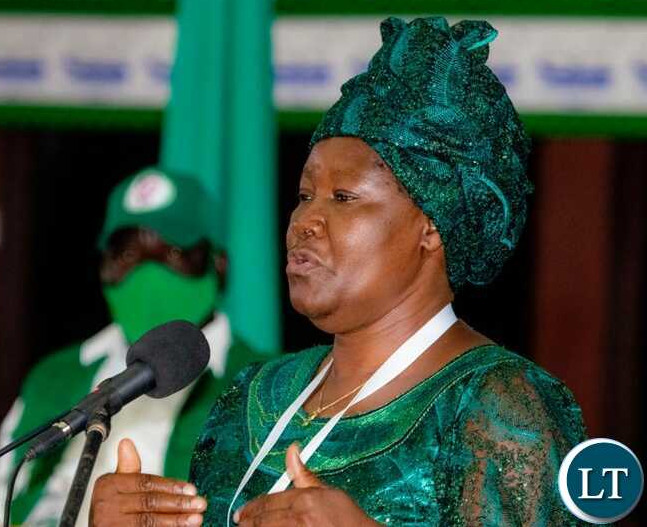Health Minister Dr. Jonas Chanda has underscored the need for improved interventions in the fight against malaria in Zambia.
Speaking when he officiated during the virtual commemoration of World Malaria day today, Dr. Chanda said Zambia had made tremendous gains towards eliminating malaria with figures reducing between 2017 and 2019 from 309 cases to 274 per 1000 population and deaths reducing from 8.5 in 2017 to 7 per 1000 population in 2019.
He however said that the region last year recorded an increase in Malaria cases and Zambia was not an exception recording an increase of 29.5 percent from 5.3 million in 2019 to 7.6 million cases in 2020.
He said this increase cannot be allowed to continue in Zambia as the country works towards the elimination of Malaria.
“And I read somewhere that in Africa, Malaria alone killed four times more people than the Coronavirus disease.” Dr. Chanda said.
He said the Ministry of Health, therefore, conducted a mass distribution of 7 Million long-lasting Insecticide-treated mosquito nets to ensure that families are protected.
“With this intervention, more than 14 million people have been protected, additionally a total of 3.4 million eligible structures during 2020’s indoor residue spraying campaign season were sprayed.” He said.
Also speaking during the commemoration, the World Health Organisation Country representative Dr. Nathan Bakyaita said Malaria is responsible for an average annual reduction of 1 percent of Africa’s economic growth.
In remarks made on his behalf Dr. Bakyaita said this is through occurrences such as malaria-related absenteeism and productivity losses which cost among other African countries, Nigeria 1.1 Billion US Dollars every year and in 2003 an estimated loss of about 11 Million US Dollars in Uganda.
And USAID Mission Director, Sheryl Stumbras Reaffirmed the cooperating partner’s commitment to continue partnering with Zambia to ensure that all families are safe from the life-threatening disease.
“Despite significant malaria investments, implementation and additional resources are needed to ensure the most vulnerable to malaria have access to the cure they need and deserve.” She said.
Zambia yesterday joined the world in observing world Malaria day which falls on April 25 annually but was commemorated today at Zambia’s Ministry of Health under the localized theme: “Draw the line, for a Malaria free Zambia” and “Malaria ends with me, Malaria ends with you, together we can end Malaria.” As the accompanying theme.


